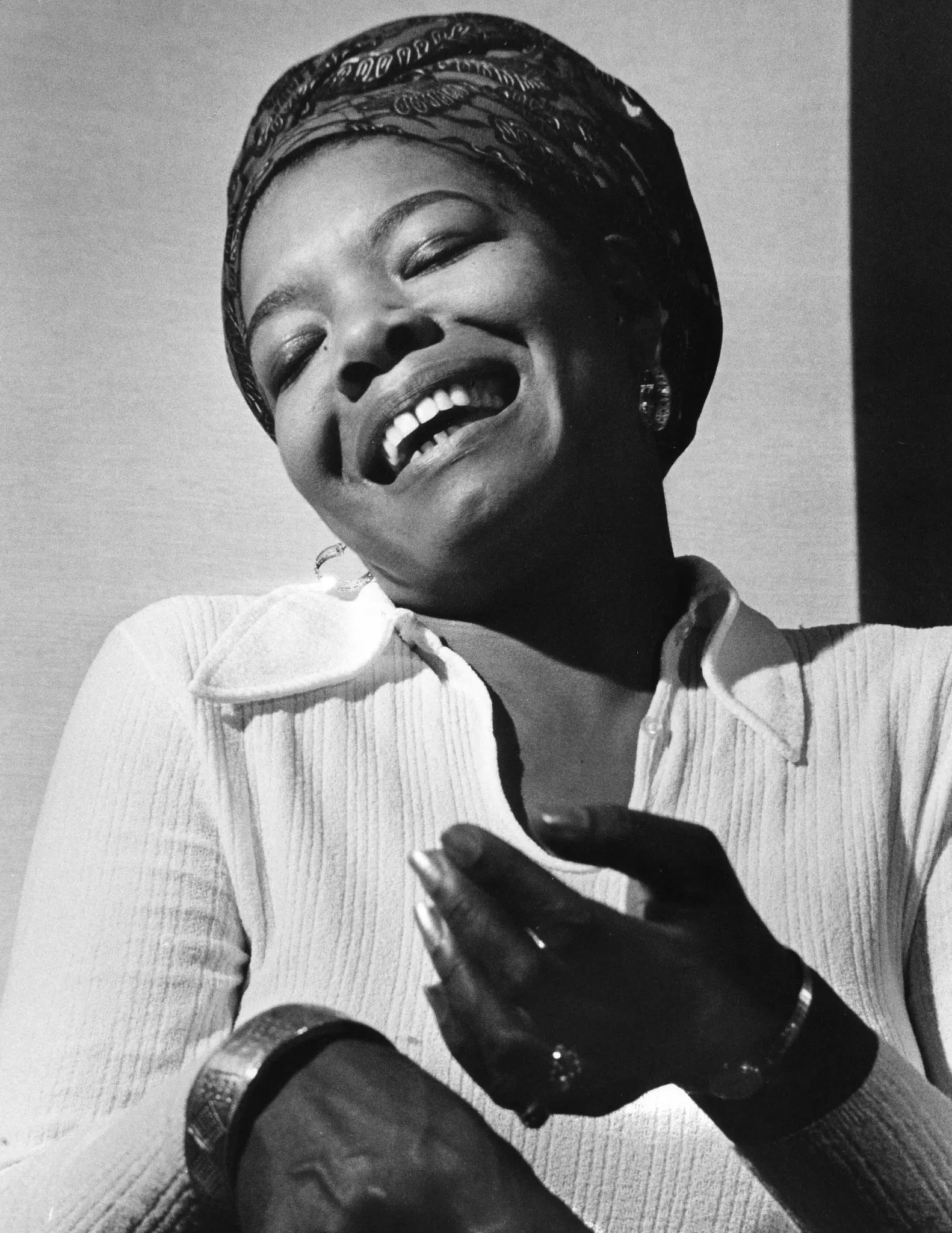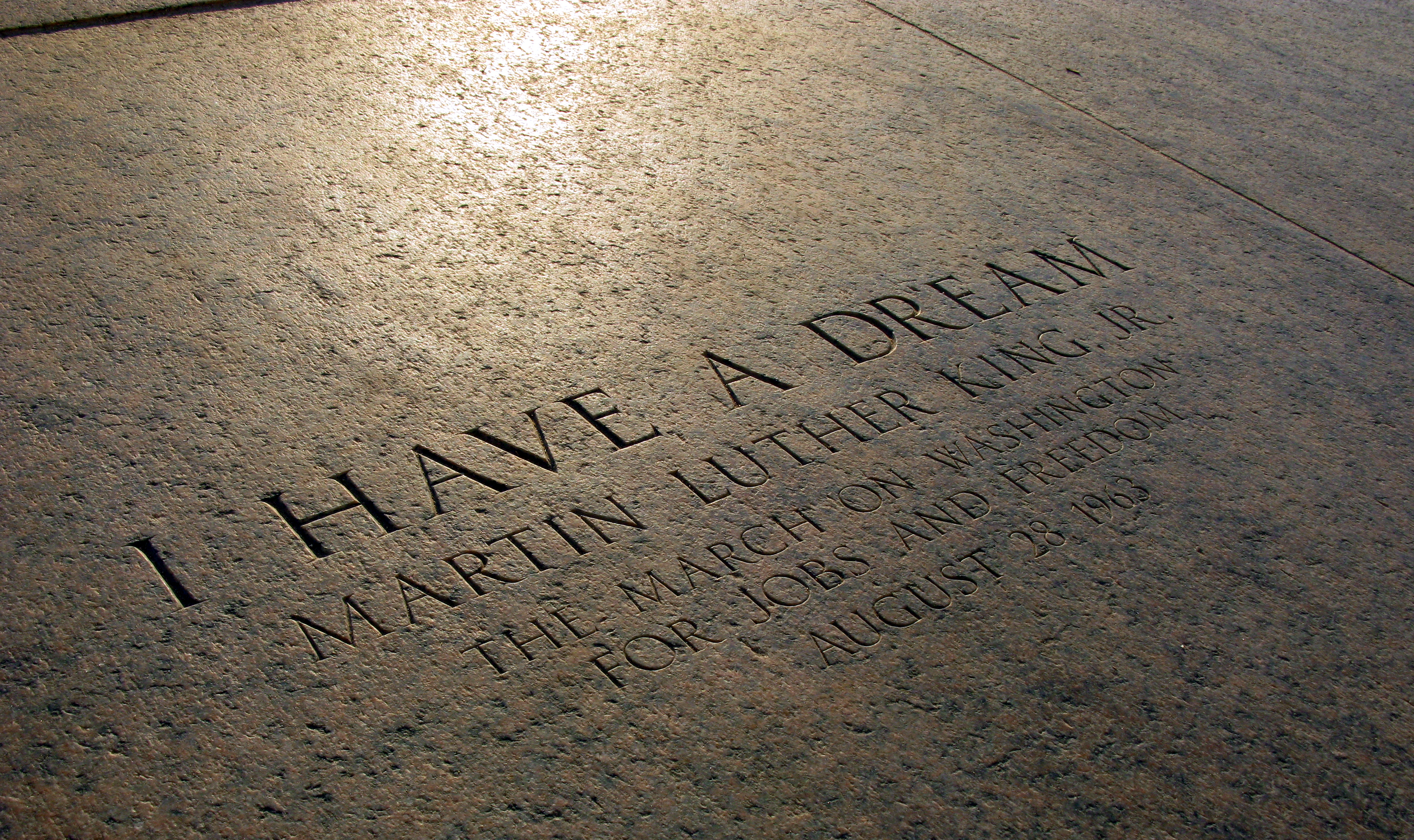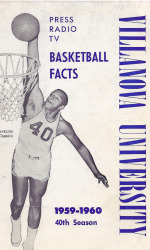Cat in the Stax: Celebrating Maya Angelou
By Ethan Shea

Maya Angelou in 1969 (Photo courtesy of NYT)
Yesterday, April 4, 2023, marked 95 years since the birth of poet, memoirist, civil rights, and women’s rights activist Maya Angelou.
Angelou passed away at the age of 86 in 2014, leaving behind a literary legacy like no other. She was born in 1928 in the city of St. Louis, Missouri. After several moves and a difficult upbringing, at the age of 16, Angelou became the first Black woman streetcar conductor in San Francisco. Soon after, at the age of 17, Angelou gave birth to her son, Guy Johnson.
At one point in her life, Maya Angelou was even a professional dancer, having worked with Alvin Ailey and moved to New York City to pursue a career in dance. After touring Europe and even recording an album in which she sang calypso music, Angelou eventually decided to focus on her writing career.

“I Know Why the Caged Bird Sings” – Maya Angelou
Angelou worked with civil rights activists such as James Baldwin, Malcolm X, and Martin Luther King Jr., even working to organize a march with King. Sadly, after postponing the event, King was assassinated on Angelou’s 40th birthday. A year later, Angelou published her breakout autobiography, I Know Why the Caged Bird Sings.
In 1972, a screenplay written by Angelou, Georgia, Georgia, became the first known screenplay written by a Black woman to be produced. Angelou even wrote the soundtrack for the film!
Angelou was also a mentor of Oprah Winfrey, having met in the 1970s. After Angelou’s death, Winfrey went on to speak at her memorial service along with Michelle Obama.
In addition to her seven autobiographies, Angelou is also a celebrated poet. Although her poetry has not received as much critical attention as her prose, many believe Angelou’s poetry is understudied.
Angelou’s poetry readings, the public and performative aspects of them, are what made them special. Considering April is National Poetry Month, you should definitely consider reading some of Angelou’s poetry if you have not already!
If you have a few free minutes, you can also read this blog commemorating Angelou becoming the first Black woman to be minted on a quarter.
And finally, to celebrate Maya Angelou’s birthday, check out Falvey’s collection of her work.
 Ethan Shea is a second-year graduate student in the English Department and Graduate Assistant at Falvey Library.
Ethan Shea is a second-year graduate student in the English Department and Graduate Assistant at Falvey Library.



 Annie Stockmal is a graduate student in the Communication Department and graduate assistant in Falvey Library.
Annie Stockmal is a graduate student in the Communication Department and graduate assistant in Falvey Library.


